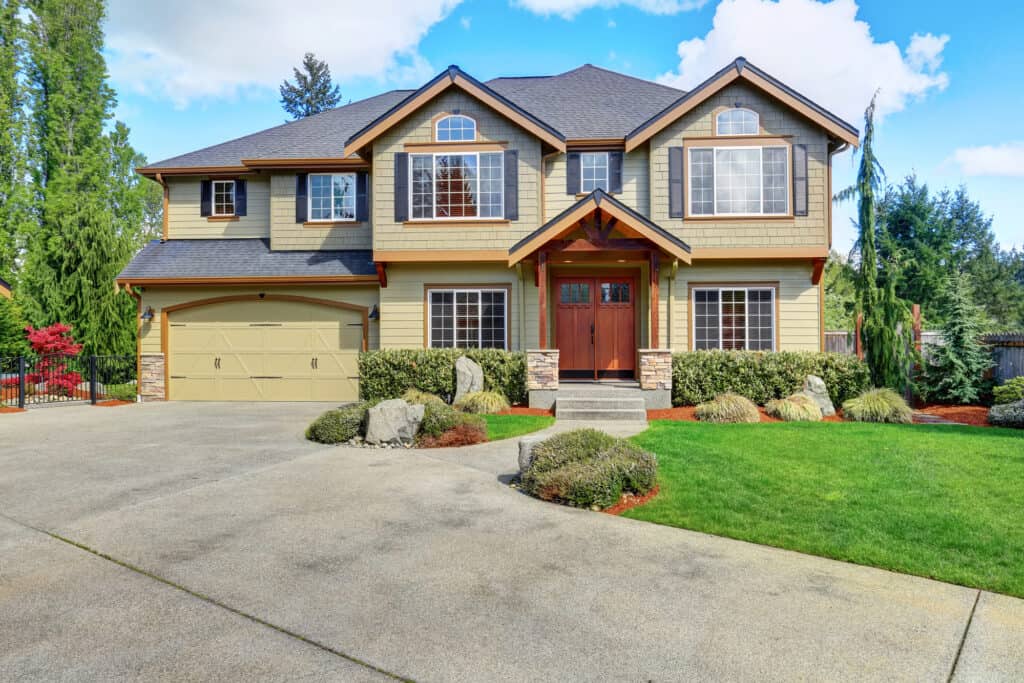In today’s world, energy efficiency is a pivotal concern for homeowners. These windows not only help reduce energy bills but also enhance your home’s overall comfort and aesthetic appeal. With growing awareness about sustainability, energy-efficient windows are becoming a sought-after solution for modern households. They are designed to minimize energy loss, ensuring that your heating and cooling systems work less hard, which leads to substantial energy savings over time.
Benefits of Energy-Efficient Windows
Energy-efficient windows come with a myriad of benefits. They provide better insulation, leading to lower energy costs and a more comfortable indoor environment. One way to significantly improve your home’s energy efficiency is by installing replacement windows. Moreover, they reduce the carbon footprint, contributing to a greener planet. According to Energy.gov, energy-efficient windows can save homeowners up to 12% on their annual energy bills, making them a financially sound investment. Besides financial savings, better insulation reduces noise pollution, making your home quieter and more peaceful. Improved UV protection is another benefit, as these windows can significantly reduce the fading of furniture and flooring caused by direct sunlight.
Key Features to Look For
When choosing replacement windows and replacement doors, it’s crucial to look for specific features that enhance their energy efficiency. These include:
- Low-E Glass: Low-emissivity glass coatings decrease heat transfer, helping maintain a warmer indoor temperature in winter and a cooler one in summer. This special glass coating reduces the penetration of infrared and ultraviolet light while maintaining the level of natural light entering your home.
- Double or Triple Glazing: Multiple panes of glass provide better insulation than single-pane windows. Double and triple-glazed windows contain two or three glass panes separated by a layer of air or inert gas. This significantly reduces the conduction of heat, which plays a crucial role in energy savings.
- Gas Fills: Inert gases like argon or krypton inserted between panes improve thermal performance. These gases are denser than air and provide better thermal insulation properties, enhancing the window’s energy efficiency.
- Quality Frames: Materials like vinyl, wood, and fiberglass offer better insulation than aluminum frames. While aluminum frames are strong and lightweight, they can conduct heat rapidly, alternatives like vinyl and fiberglass are more effective at insulating your home against temperature fluctuations.
Evaluating and Comparing Window Options
With numerous options available, choosing the right replacement window can be overwhelming. It’s essential to compare different windows’ U-factor and solar heat gain coefficient (SHGC) ratings. Lower U-factors represent improved insulation, while reduced SHGC values result in less heat from the sun being transferred through the window. The National Fenestration Rating Council (NFRC) is a credible resource for these ratings and can help you make an informed decision. Moreover, take into account Energy Star ratings when assessing windows. Windows that are Energy Star-certified adhere to the rigorous energy efficiency standards established by the U.S. Environmental Protection Agency (EPA). Checking these certifications can give you confidence that the windows you’re considering are energy-efficient and will provide the savings and benefits you seek.
The Role of Professional Installation
Even the most energy-efficient windows will only perform as intended if installed correctly. Professional installation ensures that windows fit perfectly, are sealed properly, and function optimally. Poor installation can lead to air leaks and water damage, negating the benefits of new windows. Experienced installers will also adhere to the manufacturer’s guidelines, which is crucial for maintaining the warranty on your new windows. They have the skills and tools to manage issues such as fitting windows into non-standard openings and ensuring a tight fit, which can significantly influence the window’s performance and longevity.
Real-Life Example: A Cozy Home Makeover
Take, for instance, Jane, a homeowner in the Midwest who decided to replace her old windows with energy-efficient ones. She noticed an immediate reduction in her monthly energy bills and found her home much more comfortable year-round. This simple upgrade enhanced her living conditions and boosted her home’s market value. Jane’s experience is a testament to the substantial benefits of energy-efficient windows. She also observed less condensation on her windows during winter, which previously had been an issue. This added to her peace of mind, knowing that her new windows were maintaining better indoor air quality by reducing potential mold growth.
Maintenance Tips for Longevity
Routine upkeep is necessary to guarantee the durability of your new windows. Regularly clean the glass and frames to prevent damage from dirt and debris accumulation. Check for and repair any seals or weatherstripping that might have worn out to maintain the window’s efficiency. Ensure the hardware operates smoothly; lubricating hinges and locks periodically can prevent wear and tear. Additionally, inspecting your windows at least twice a year and checking for cracks, gaps, or any signs of wear is advisable. Maintaining these aspects keeps your windows functioning efficiently and looking new for years.
Conclusion
Investing in energy-efficient replacement windows is a wise decision that brings long-term benefits. Choosing windows with the right features, comparing options carefully, and ensuring proper installation can improve your home’s energy efficiency, comfort, and value. Such initiatives provide immediate benefits and contribute to long-term savings and a healthier living environment. Remember, knowledgeable choices lead to improved living spaces, making your home a haven of comfort, energy efficiency, and sustainability.





